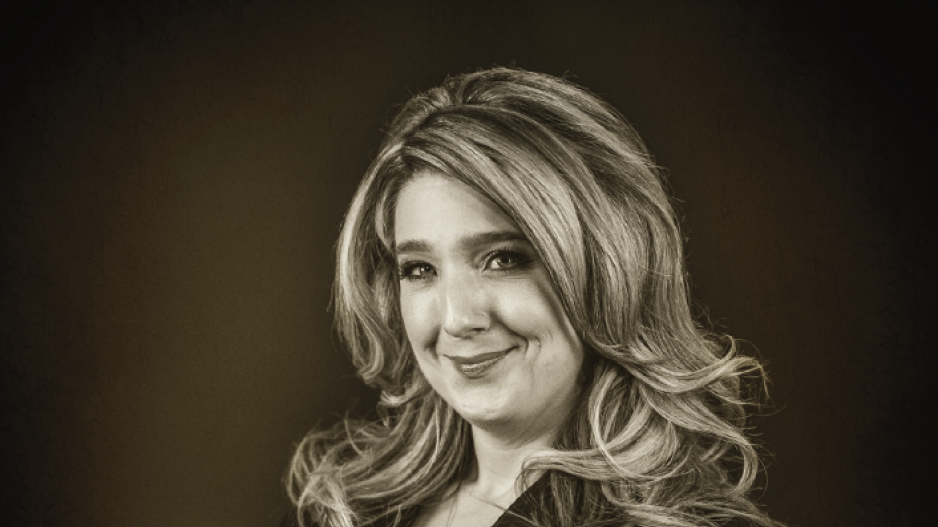NPA councillor Melissa De Genova plans to introduce a motion May 15 to require Vancouver’s dozens of city-licensed yet illegal cannabis dispensaries to reveal where they buy their supplies. She also wants the city to require those stores to only buy from growers who are licensed by Health Canada – an action that would mean that the licensed producers would be breaking the law, risking penalties and putting their own licences at risk, according to consultant Deepak Anand.
Anand, who is vice-president of business development and government relations at Cannabis Compliance Inc., and has helped countless cannabis-sector entrepreneurs obtain and keep various licences, sent a letter to De Genova urging her to rethink her motion.
Anand suggested in the letter that the City of Vancouver should amend cannabis-retail bylaws to mirror proposed provincial regulations that require that retail cannabis outlets only buy from a provincially authorized entity.
That is because B.C. Minister of Public Safety Mike Farnworth has said that post-legalization, which is expected to be in several months, all cannabis stores in B.C. must buy supplies exclusively from the British Columbia Liquor Distribution Branch. Patients are expected to be able to buy medical cannabis direct from licensed producers online, Anand said.
Cannabis retail operators who buy supplies post-legalization from a Health-Canada-licensed producer would be breaking the law, and could be subject to what Farnworth has said will be stiff penalties: a fine of up to $100,000 and jail time.
Nonetheless, De Genova told Business in Vancouver that she believes that current city-licensed cannabis dispensaries’ customers are unaware that their purchases go to fund what she called the “black market.”
She wants city staff to report back to council by July with recommendations “to strengthen requirements in licensing marijuana-related businesses in the interest of public safety.”
De Genova also wants staff to consider requiring audited financial statements from the growers and suppliers who provide cannabis to city-licensed dispensaries.
“The city requires the staff, the owner and the compassion club or non-profit society’s board of directors to have a police background check [in order to get a city business licence] but there’s no questions asked about the growers [or suppliers,]” De Genova told BIV on May 14.
Regardless of what city, provincial or federal laws proscribe, one big unknown is how active the Vancouver Police Department (VPD) will be at shutting down operators who do not follow the law, Anand said.
Indeed, when the City of Vancouver passed a motion to regulate illegal cannabis dispensaries in mid-2015, the federal Minister of Health, Rona Ambrose, wrote an open letter to the city and the VPD to say: “we expect the police to enforce the law.”
Vancouver police chief Adam Palmer later told Business in Vancouver that it was not a priority for his members to arrest people for smoking cannabis and that the force would only take action if there was evidence that “organized crime” was involved.
The force last year investigated 49 cannabis-related incidents and there were charges in 13 of those cases, according to a VPD report.
"Who is going to be enforcing the law?” Anand asked. “At the end of the day, in the city of Vancouver, it will have to be the VPD. They have gone on record saying that this is not a priority for them and historically the VPD has chosen not to shut dispensaries down.”
A statement emailed to BIV from VPD sergeant Jason Robillard did not add any more clarity.
“One of our key and fundamental functions, deep rooted in common law, is that, as a police department, we enforce laws,” he wrote.
“It is very difficult for us speculate on how a law ‘might be’ structured, and especially where our authority to enforce the law comes from.”




